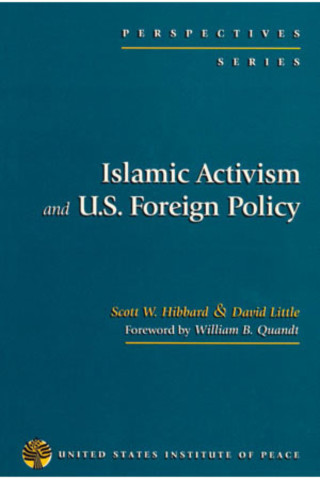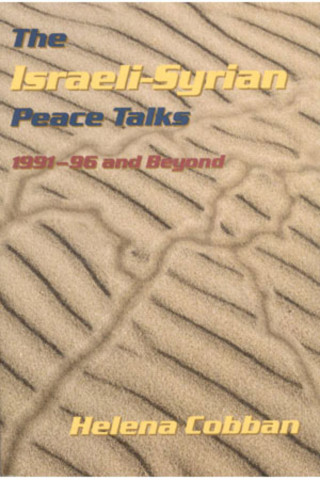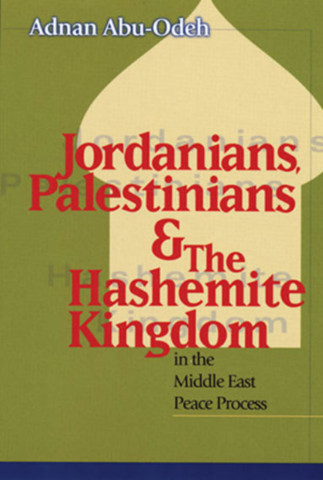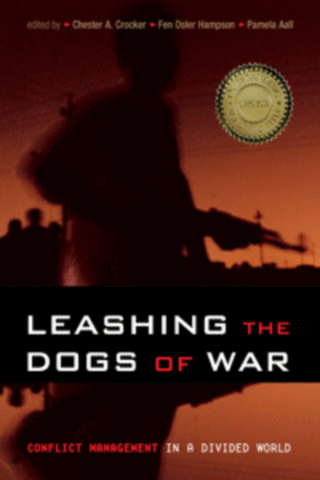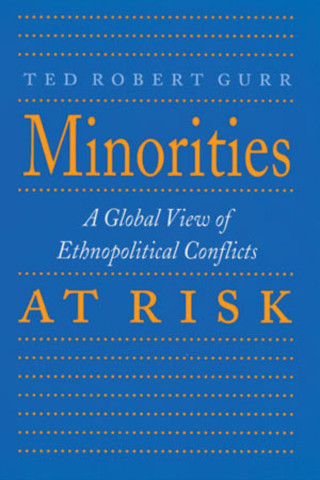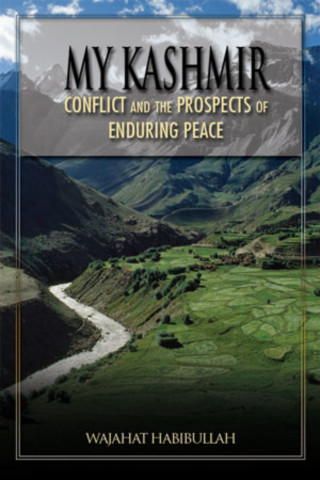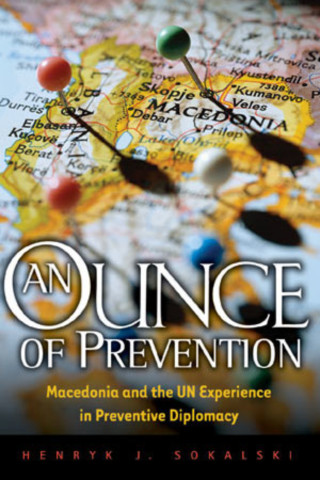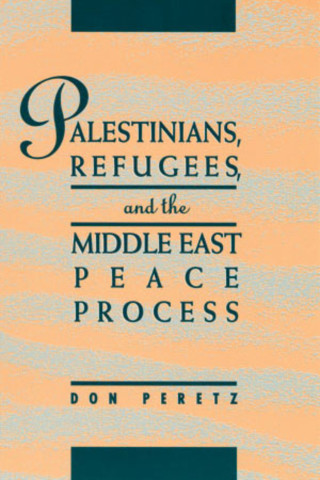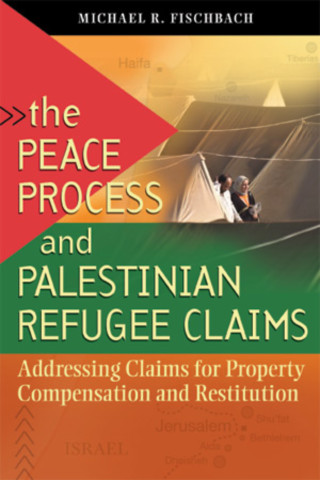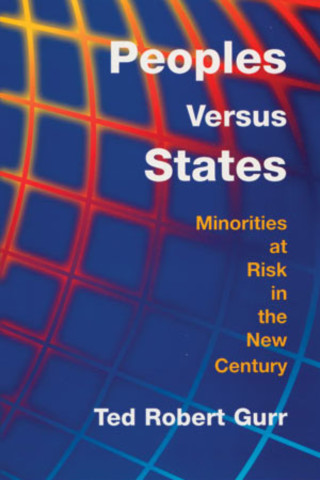Ethnic Conflict
- Sort by
For many in the West, political violence in Algeria, the Middle East, and elsewhere has come to symbolize the threat of “Islamic activism.” Terrorist attacks such as the bombing on the World Trade Towers have solidified this view. Western governments, however, must deal with the challenge of extremism in the broader context of their relations with diverse states with contrasting histories, geographies, and peoples.
To assess this challenge, the Institute brought together a distinguished group of policy analysts, practitioners, and scholars for a series of frank discussions. The sessions analyzed the nature of Islamic activism – including moderate political parties and militant extremists – and the options for policymakers to mitigate violence in a range of cases.
The main problem for the United States, participants concluded, is how to confront militant extremism while recognizing the importance of religious identity and the legitimate need in many countries for social and political reform. A foreword by William B. Quandt, Middle East expert and former National Security Council staff member, spells out how policymakers can respond most effectively to the challenge of Islamic activism.
From the opening of the Middle East peace process in Madrid in 1991 to the marathon round of negotiations at Maryland’s Wye Plantation in 1996, the unsuccessful attempt to forge a peace agreement between Israel and Syria spanned five years and many venues.
Helena Cobban here provides a fascinating look at the painstaking negotiations between the two Middle East powers that thrice went to war in the past half-century, and the role that the United States played in trying to bring Israel and Syria closer together on crucial points.
Through interviews with U.S. officials and key players in the Israeli and Syrian delegations, Cobban paints a portrait of small but important breakthroughs—and often frustrating encounters—between the Israelis and the Syrians as they sought to negotiate not just a bilateral peace treaty, but also a broader regional peace. The study concludes with a careful analysis of what went wrong in the final phases of the negotiations and future prospects for resuming the talks.
The complex, often uneasy, relationship between Transjordanians and Palestinians has profoundly influenced not only Jordan but also the entire Middle East peace process. At different times, Jordan's Hashemite royalty has sought to accommodate, embrace, exclude, or cooperate with the Palestinians and the PLO, and the impact of these efforts has been felt throughout the region. Today, Jordan has signed a peace treaty with Israel, and Palestinians account for over half of the Jordanian population--yet the dynamic relationship between the regime and its Transjordanian and Palestinians citizens still arouses powerful sentiments at home and can send shock waves through the West Bank and Israel. Abu-Odeh explores this relationship from its origins in the 1920s to the very latest attempts to cope with competing national identities and to sustain a peace process.
The definitive volume on the sources of contemporary conflict and the array of possible responses to it.
The turmoil in Yugoslavia, the rebellions of the Kurds and Shi’is in Iraq, the ongoing struggle in South Africa—ethnic conflict continues unabated in many areas of the world.
To help us understand the persistence of such conflict, this pioneering work analyzes ethnopolitical conflict in every region of the globe. An ambitious and unprecedented effort, it provides a comprehensive survey of 233 politically active communal groups, plus in-depth assessments of ethnic tensions in the western democracies, the former Soviet bloc, the Middle East, and Africa.
By identifying these groups and examining their disadvantages and grievances, Minorities at Risk attempts to explain why disadvantaged groups mobilize, and it evaluates strategies that have successfully reduced ethnic conflict in the past, including autonomy, pluralism, and power sharing.
This provocative and well-written volume challenges conventional wisdom and raises the discussion about a widespread but little-understood phenomenon to a higher level.
The picturesque Indian state of Jammu and Kashmir, for centuries a model of harmony and coexistence, has been ravaged by conflict for sixty years, caught in a tug-of-war between historical rivals India and Pakistan. Now that both nations are nuclear powers, some see the Kashmir issue as a flash point for what could become a nuclear war.
In My Kashmir, Wajahat Habibullah lays out the intricate web of issues at the root of the conflict: ethnicity, religion, national identity, friction between national and local government, and territory. In an account that is equal parts history and memoir, he examines the complicating factors: the Indian government’s missteps, the greed of the entrenched Kashmiri middle-class elites, and religious politics and their all-too-familiar polarizing consequences. Unlike many others who have written on the subject, Habibullah gives even-handed treatment to both Indian and Pakistani perspectives, though he rightly keeps the Kashmiri people themselves at center stage, for their needs and desires will be pivotal to any real solution. Now, he says, despite the history of bloodshed and betrayals, the possibility for lasting peace is greater than ever before.
Wajahat Habibullah has spent much of his long and distinguished career in the Indian Administrative Service working in Kashmir. His insightful account carries the authority of someone who has been in the thick of the actions and political maneuverings, dealing directly with the players amid the most wrenching turmoil. Being both Indian and Muslim, insider and outsider, has enabled him to feel and understand the competing loyalties and emotions that are inextricably part of Kashmir.
"The science of medicine was the first to discover that 'an ounce of prevention is worth a pound of cure,'" Henryk Sokalski reminds us as he begins this study of a unique United Nations mission. "In the political realm, however, its full potential has yet to be realized." Sokalski, former head of the United Nations Preventive Deployment Force (UNPREDEP) in the former Yugoslav republic of Macedonia, provides the ultimate insider's look at the UN's attempt to establish a mission in this former Yugoslav republic before the imminent eruption of mass violence spilling over from neighboring Balkan states—Serbia and its overwhelmingly ethnic Albanian province of Kosovo in particular.
An Ounce of Prevention—and the UNPREDEP mission itself—begins in early 1995 with a telephone call to Sokalski at his Warsaw home from UN Secretary General Boutros-Ghali, and it ends several years later in a disappointing Security Council veto of the mission's renewal. In between, Sokalski's study of this "novel experiment in UN peacekeeping" describes the mission's three "pillars" as well as contending theories on preventive diplomacy and early preventive action, contemporary Balkan history, and the daily bureaucratic and human challenges of reinventing civil society. All the while, Sokalski attempts to answer the question of whether the mission's renewed mandate could have prevented the country's recent destructive insurgency—and whether UNPREDEP's truncated success could serve as a model for future UN preventive deployments.
In this clearly written and balanced volume, longtime Middle East expert Don Peretz examines the current conditions and future prospects of the Palestine refugees and the members of the Palestinian diaspora.
He reviews their demographics, living conditions, political identity, and perspectives on the peace process, including the Gaza-Jericho plan. He explores a variety of proposed solutions, including repatriation, compensation, and resettlement.
After sketching the historical background and reviewing conflicting estimates of the amount of property involved, the volume investigates U.S. and UN settlement proposals developed—behind closed doors—in the 1950s and ‘60s, and explains how the peace process from Camp David I to Camp David II and beyond has actually hindered a settlement of property claims.
Picking up where Minorities at Risk left off, Peoples Versus States offers an expanded and updated perspective on ethnic and nationalist conflict throughout the world, as well as efforts to manage it.
Ted Gurr surveys the behavior of 275 politically active ethnic groups during the 1990s and pinpoints the factors that encourage the assertion of ethnic identities. Whereas his highly acclaimed 1993 book presented a disturbing picture of spreading ethnic violence, this volume documents a pronounced decline since the early 1990s—a decline attributable, in part at least, to many states abandoning strategies of assimilation and control in favor of policies of pluralism and accommodation.
Nonetheless, Gurr identifies some ninety groups as being at significant risk of conflict and repression in the early 21st century. And he cautions that the emerging global regime of principles and strategies governing relations between communal groups and states is far from perfect or universally effective.

